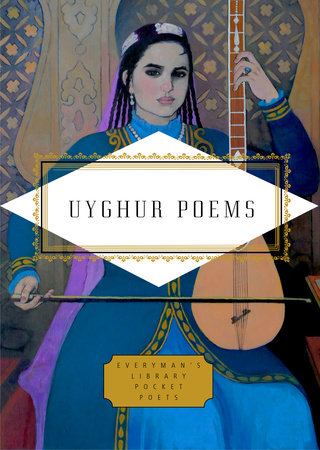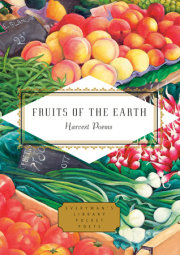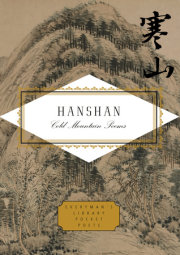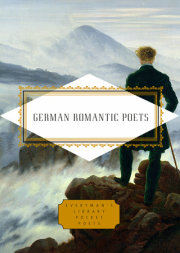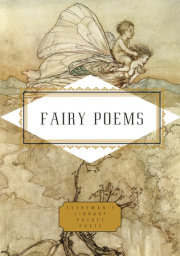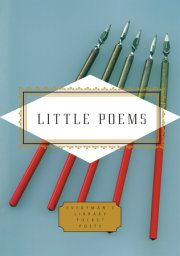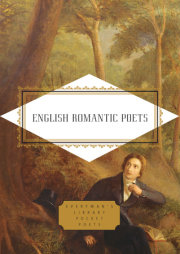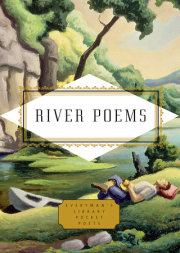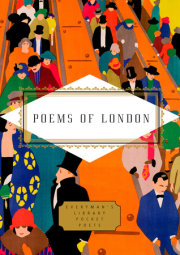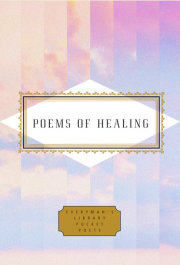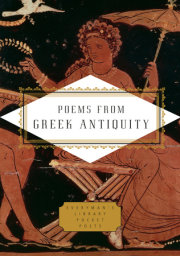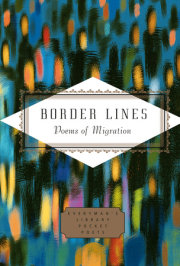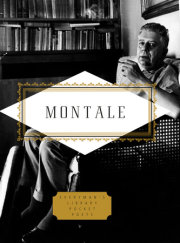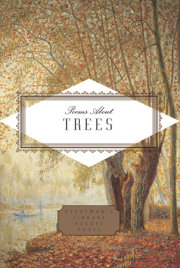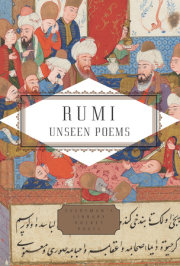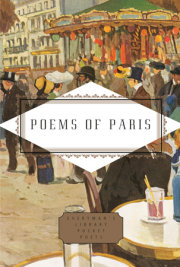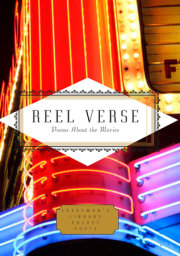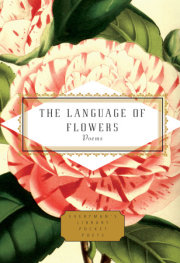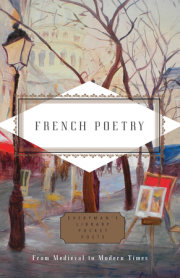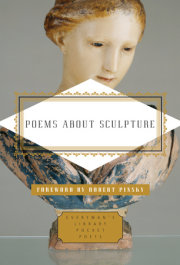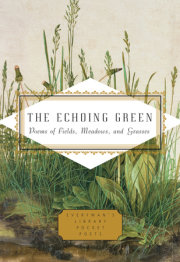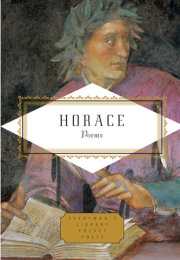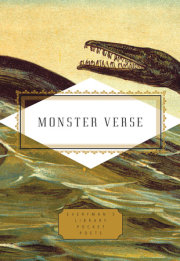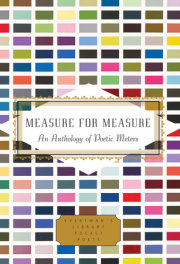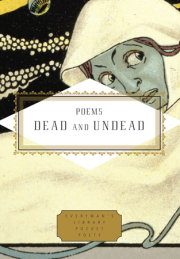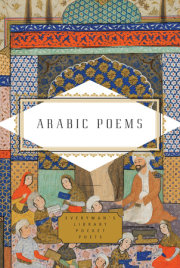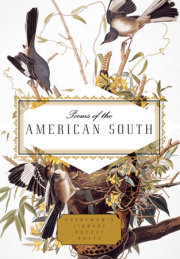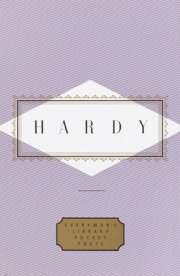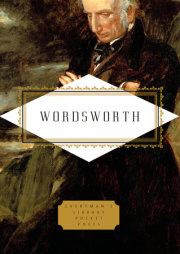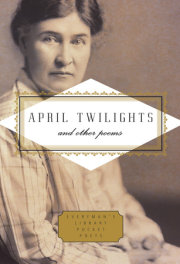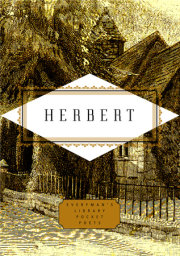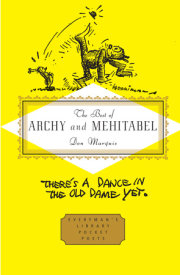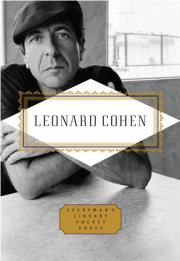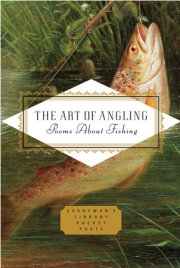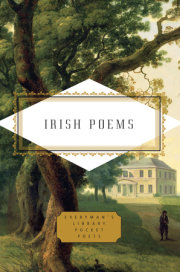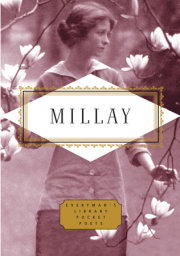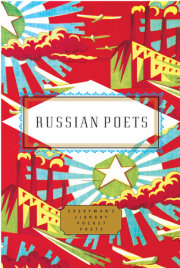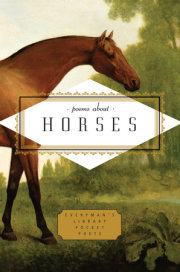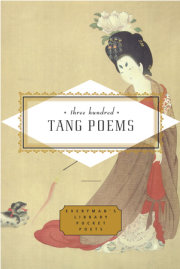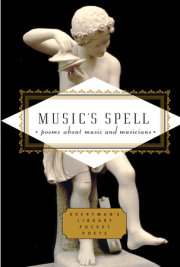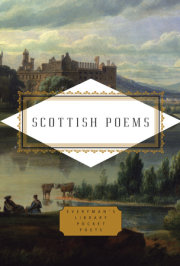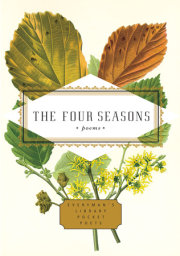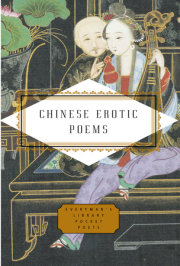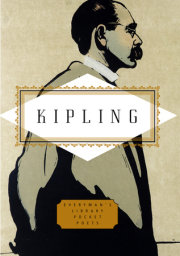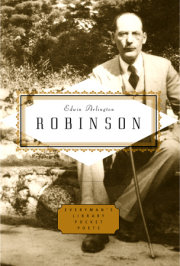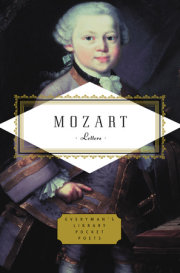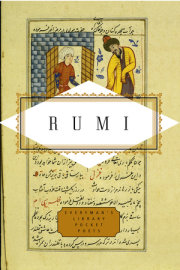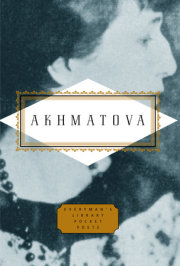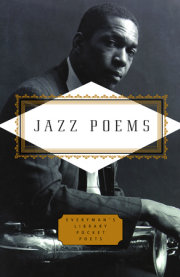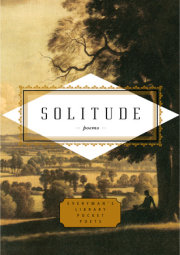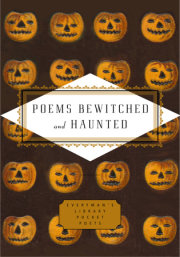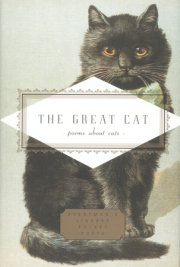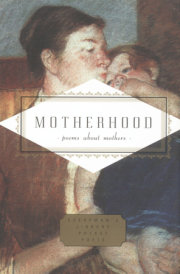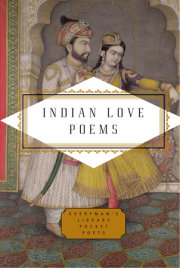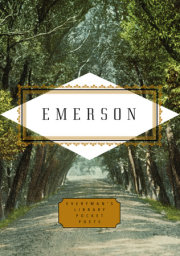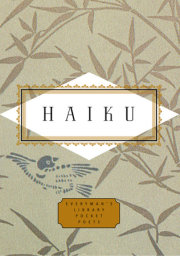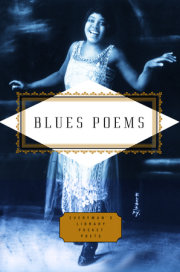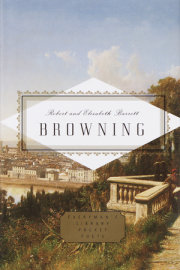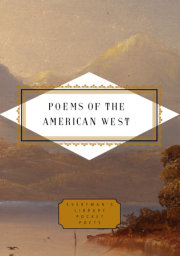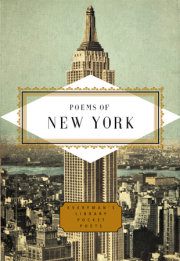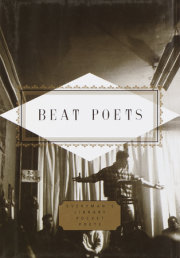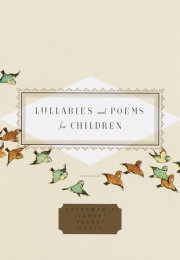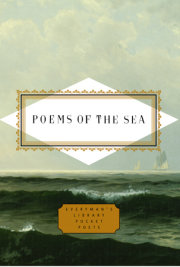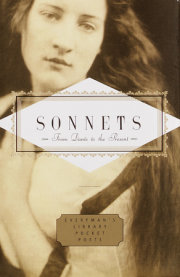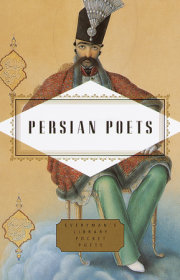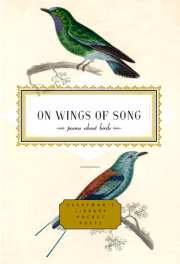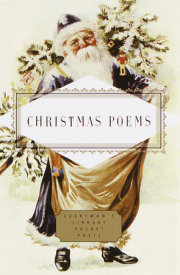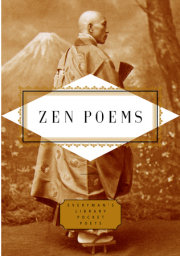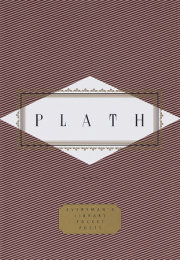FOREWORD
Uyghur poetry is rich and colourful; it reflects the magnificent natural landscape of Central Asia, with its endless steppes, soaring mountain ranges and mysterious deserts where the Uyghurs have lived for the last two millennia at the heart of the famous Silk Road. The frequent political turmoil, oppression, and wars that the Uyghurs have endured over the centuries as they fell under the rule of ruthless empires or were caught up in the feuds of local warlords, have all left their mark on Uyghur poetry, which is typically focused on migration and exile, war and peace, as well as universal themes of nature and love. Uyghur poetry is diverse and multifaceted because it mirrors the complexity of the history of the Uyghur and their shifting politics.
The Uyghurs and their poetry are still too little known to English-speaking audiences. Before I focus on Uyghur poetry, let me briefly explain who the Uyghurs are. The Uyghurs are a Turkic people, and their name appears in the historical records around the second century CE. The word Uyghur means ‘Union’ or ‘Federation’. In ancient times, Uyghurs lived in what are today the southwest Mongolian steppelands which adjoin the Altay and Heavenly Mountains (Tengritagh) and stretch further south to the oases of the Taklimakan desert and the Turpan Basin. These are largely the lands they continue to inhabit today. In their commonly shared cultural geography, the Uyghurs are one of Central Asia's earliest settled Turkic people. Over the last two millennia, they have followed many different religions, including Tengrism (sky worship), Shamanism and Manichaeism, Nestorian Christianity and Buddhism. From the tenth century onwards, they began to adopt Islam, which remains the predominant religion today.
In the mid-eighteenth century their last independent rulers, the Khojas, were overthrown by the Chinese Qing dynasty as it expanded into Central Asia. In the nineteenth century the Chinese government officially named the Uyghur homeland ‘Xinjiang’, which means ‘new frontier’ in Chinese. Uyghurs prefer to call their homeland East Turkistan or Uyghuristan. After the collapse of the Manchu Chinese Empire in 1911 the Uyghurs twice established short-lived independent states, once in 1933 and again in 1944. The latter ended in October 1949 when the Chinese Red Army occupied the region – with some military assistance from the Soviet Union – and it was incorporated into the People’s Republic of China. Today, according to the Chinese government census, twelve million Uyghurs live in East Turkistan, and over two million Uyghurs live in the Central Asian states, and in smaller diaspora communities across the Middle East, Europe and North America.
Throughout history, poetry has reflected human life in every aspect. Created to express human happiness and sadness, it has been transmitted from generation to generation both orally and through written script, arriving in the present day in many different forms of expressive language and styles. Uyghur poetry has not developed in isolation. The Uyghurs lived on the famous Silk Road, and for many centuries they dominated the trade caravans that crossed the region. When camel trains crossed the deserts and passed through the mountains with goods from the Tang capital of Chang'an or from Constantinople in the Eastern Roman Empire, the sound of their bells carried echoes of far-flung civilizations beyond the horizons of the steppe. These geographies and histories underpin the character of Uyghur poetry, which demonstrates a dynamic capability to observe and adapt the new ideas and new cultures which travelled along the Silk Road before the sea routes opened.
The Uyghur language belongs to the Qarluq branch (also known as Chagatay) of the Turkic languages of the Ural-Altaic language family. It is closely related to the languages spoken by Turkic people from Central Asia to the Anatolian plateau. We can trace the written record of Uyghur poetry back to the first Uyghur script which was created and widely adopted in the sixth century. In this period, the Uyghur language became the primary literary language of many Turkic-speaking peoples.
The ancient oral traditions of Uyghur poetry provide the foundation of modern Uyghur language and literature. Among Turkic peoples, the oral epic poem is a widespread phenomenon. Tales of kings, saints and heroes, wars, pilgrimages and miracles were told by bards in the marketplace and at holy shrines or sung by musicians at social gatherings. Enriched with each retelling, these tales were passed from generation to generation, and they have played a hugely significant role in transmitting Uyghur history. One important example of this genre is the ‘Epic of Oghuzname’. The earliest Uyghur poem, it is thought to have originated in the second century BCE, and was shared by the Uyghurs and other Turkic people. In the tenth century CE, this epic was recorded in the Uyghur script. Alongside the accounts of heroic acts and battles, the theme of love is prominent, as this extract shows:
She was so beautiful that
If she smiled, Heaven also smiled
If she cried, Heaven also cried
When Oghuz Khan saw her
His whole body started to tremble
He fell unconscious
He fell in love and married her…
In later centuries, Uyghurs continued to compose poems in order to spread news, record significant contemporary events or the tragedies of war, and to keep recent history alive in the collective memory. Public transmission of such verses was essential, and again, they would often be set to music and sung in the bazaar. Here are some stanzas from an anonymous ballad lamenting the death of the nineteenth-century ruler Yaqub Beg:
Yaqub Beg was a great man,
He became King of the Six Cities.
When they heard of Yaqub Beg's death,
The Tungans arrived in Aqsu.
The Chinese arrived from Beijing,
Showing their fake smiles.
Our lords and officials ran away,
Showing their tails behind.
The angels in the sky,
Wore fairy robes.
Ladies, do not shed your tears,
Yaqub Beg lives in heaven.
The written tradition of Uyghur poetry dates from the ninth century when poems on religious and philosophical subjects were composed at the courts of the Idiqut Uyghur Khanate, a practice which continued under the Uyghur Qarakhanid Kingdom in the city of Kashgar, and right up to the sixteenth century in Yarkand, the capital city of the Saidiye Uyghur Kingdom. In the earliest surviving examples we can see the influence of different belief systems. During the long era of Tengrism and Shamanic belief, prominent tropes and symbols included the power of the sky and the sun, a mysterious beautiful woman or a lone wolf encountering a hero in the forest. These ancient symbols still reverberate in modern Uyghur poetry. Poetic fragments from the Manichean and Buddhist era explore human spirituality, the world and the afterlife, the belief in reincarnation and the role of meditation as the means to reach Nirvana:
From the beginning of time, desire and vanity
Have existed together, intertwined, one enemy.
A bitter, loveless heart is a poisonous snake.
But if one can live in a world free of greed,
In a discordant society uninfected by discord,
Standing firmly on the earth, one will reach the unblemished
Pure land and in an instant realize the body of a moral king.
When the Uyghurs began to embrace Islam in the tenth century, the new religion brought ground-breaking changes, transforming social and cultural life. The practice of writing poetry became more widespread thanks to the Islamic emphasis on literacy and learning. The poetry of this period is often didactic or philosophical. The eleventh -century scholar Mahmud Kashgari made the first written record of Uyghur folk poetry which had been transmitting orally for centuries. His
Lughat provides an invaluable literary resource. Here is a quatrain teaching the importance of hospitality towards guests, for which Uyghurs are well known:
When a guest arrives, help him dismount
Make him feel at home and at ease
Mix barley and hay for his horse
And brush its coat to sleekness.
Over time Uyghur poetry absorbed significant influence from the Persian and Arabic poetic traditions, as these languages, along with the Arabic script, came to dominate literary culture across Central Asia. Traditional free verse and simple rhyme-based poetry continued side by side with new and more complex verse forms, which in pattern and variety closely followed Middle Eastern models.
During the thirteenth and fourteenth centuries, Uyghur poetry underwent a further change, embracing the Sufi poetic tradition which first flourished in the Arabo-Persian sphere before being adapted to the Turkic languages. This shift was cemented in the contributions of the great Central Asian poet Ali Shir Nava’i of Herat (1441–1501). His extraordinary poetry and other literary work successfully established Turkic Chagatay as a literary language able to communicate profound emotion and beauty. Uyghurs recognize Nava’i as central to their literary heritage, regarding the poet as being of Uyghur descent. They continue to share and circulate his poetry, not only in written form but also singing it in Sufi gatherings and musical performances.
I grieved after I saw your beauty for the first time,
And wished to see your alluring eyes for a second time.
Ready to strike with a knife to see you for the third time,
I will see on her face a beautiful mole on the fourth time we meet.
I will martyr myself for love on the fifth look,
I wish to meet you and see your beautiful eyes for a sixth time.
No other beauty like you exists in the seven continents,
You are beautiful like a fairy, and I wish to fly over you eight times…
This is part of a ghazal, the most common verse form in the Uyghur Sufi tradition along with quantitative metres (
arūz). Both are derived from classical Arabic and Persian poetry. A ghazal usually consists of around twenty or more syllables per line arranged in fixed rhythmic patterns, and its length varies from two to twenty lines or more. Ghazals have many rhythmic metres, and are rather more sophisticated than the conventional quatrains used in earlier Uyghur poetry. The ghazal is a beautiful poetic genre that fully expresses the poet's emotions, infatuation with beauty, the unbearable pain of loss and the sorrow of separation from divine love. Another poet whose work is largely in ghazal form is the wandering dervish Baba Rahim Mashrab. The tales of his travels across Central Asia still inspire Uyghur audiences today, and his passionate mystical poetry forms an important part of the lyrics of the large-scale Uyghur classical music suites – the Twelve Muqam.
Madness has come over me, and love's fire is burning,
If I devote myself to this, will anyone visit me?
I have no patience left to stay, and I cannot leave,
With this fierce fire burning in my heart, will anyone visit me? …
No one knows how much poor Mashrab has suffered,
If I leave this place, will anyone visit me?
This selection includes a number of poems by Ẓahir-ud-Din Muhammad Babur (1483–1530), the founder of the Mughal Empire of India. He was born and grew up in Central Asia, and his mother, Kutluk Nigar, was a member of the family that would establish the Yarkand Uyghur Kingdom in 1514. Babur was strongly influenced by Ali Shir Nava’i’s ghazal lyrics, but also wrote poetry in the rubaiyat style – that is, in quatrains. Many of his poems derive from personal experience, describing the suffering and homesickness of a man who spent much of his life in exile. Even his Indian conquests brought him little joy.
Though you have blessed me with fortitude through love
You have also freed me from the trauma of separation.
I implore you, make me as powerful as Nava'i
As though you were contacting a man already dead.
And again:
My life has suffered agonies because of my cursed fate
I have done all I can, but it has ended in transgression.
I am facing the dilemma of India, and must abandon that tired place
Despite all of this, my Great God, please do not obscure my fate.
The metrical styles perfected in the classical era continued to shape the development of Uyghur poetry for centuries, and are still influential today. However, during the last decades of the twentieth century exposure to Russian poetry in particular brought new influences to bear - modernism, post-modernism and free verse have all had their impact. Take this example of ‘hazy’ (
gungga) poetry by Ekhmetjan Osman:
Drum Dance
The wind of revelation
casts God to the dirt
when the call to prayer sounds in the body mosque
Clay Oven
The wine chased out of the city
blooms in gold –
it is the mind we have forgotten.
In the twenty-first century, the increasingly repressive policies of the Chinese government have included tightening restrictions on the use of the Uyghur language. In recent years the government has used full-scale force to assimilate the Uyghurs into Han Chinese culture. In this devastating period, when over two million people, including many writers and poets, have been detained in Chinese internment camps, Uyghur poetry has become a key weapon in the fight for justice and freedom, and for the survival of Uyghur language and culture. Poets have reflected on the ongoing tragedy in their homeland and the trauma and sufferings of the exiled Uyghur community, creating a new genre of Uyghur Genocide literature. Every Uyghur in exile today can tell a similar story of lost and vanished friends and family members. In this period we have also seen the rise of a new generation of outstanding Uyghur women poets. Here is Gülnisa Imin Gülkhan:
They don't want to shed their tears
They just want to lift their heads
They just want to look at the sunless sky
Their troubles, their yearning
Their nightmares and sleepless nights
They want to talk about it with someone on the outside.
I have contributed my own voice to remembering the Uyghur poets who have been imprisoned for their writing:
I want to break your cage
I want to break your silence
I want to be free
Free like a bird
To fly freely in the blue sky
Because we all have only one world.
No time for war and fighting!
I have also translated the poems of imprisoned poets in order to introduce their excellent work to the world and to raise awareness of their situation. Here are some lines from the well-known Uyghur poet Adil Tunyaz whose who was arrested with his whole family in 2017:
The homeless birds
Cry for the seasons, calling for their homeland
While the wandering wind carries
Leaves of its own.
He and others like him refuse to be silent in the face of exploitation, persecution and genocide, and their poetic voices both move and challenge. Imprisoned poet Perhat Tursun writes:
Let's not blame life for being meaningles
One day loneliness will reach its peak …
Let's cry, maybe our tears will be beautiful
If they are shed silently for love …
Let's not seek beauty only in the rose
The trace of blood left on the thorn has beauty as well ...
This is the first published English-language anthology to attempt an overview of Uyghur poetry, encompassing both its historical development and contemporary situation. Due to language and cultural barriers, and the dearth of Uyghur poems already translated into English, the project proved far more time-consuming than expected. Despite this, given the extraordinary political pressures and the urgent need to promote Uyghur culture on the international stage, I have worked hard to complete the book, which includes many poems that I have translated myself, as well as other poetry translators' valuable work. Though I am a poet, translator, and native Uyghur speaker, I faced challenges in translating from my native tongue into English, and I am grateful to my wife, Rachel Harris, who worked with me on many of the translations. Finally, here is one of my poems dedicated to my beloved mother, with whom I lost contact since 2017. My greatest hope is that she is alive and well.
The place where I was born
Has turned into a heap of ghostly relics
It only exists amongst the non-existence …
My roses are blossoming with hope
Singing a song of freedom
Without waiting for the spring
They remind us
How beautiful it is to be alive
To live in peace in our beautiful world.
I hope you will enjoy reading this collection of Uyghur poetry, and I ask you not to forget the Uyghurs and their poetic voices which speak out for humanity, love, freedom and justice. Thank you.
--Aziz Isa Elkun
Copyright © 2023 by Edited by Aziz Isa Elkun. All rights reserved. No part of this excerpt may be reproduced or reprinted without permission in writing from the publisher.

